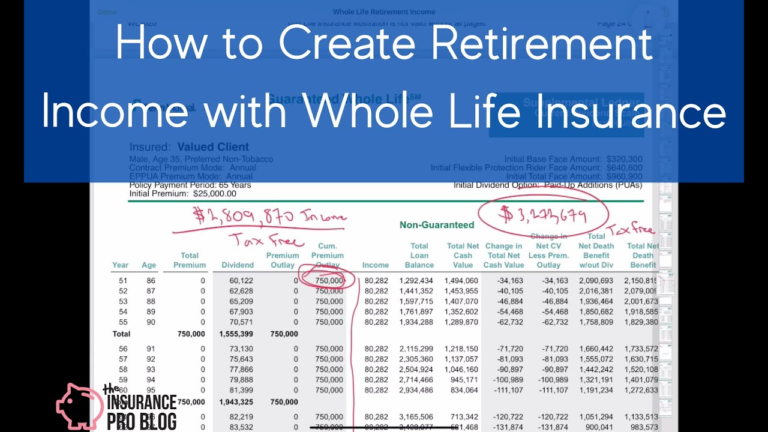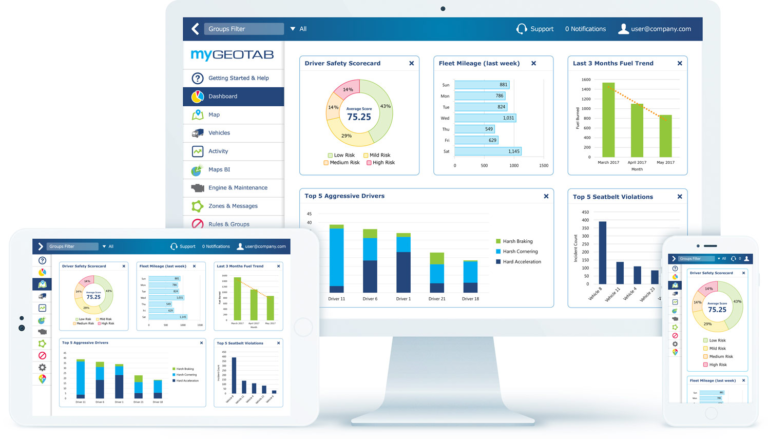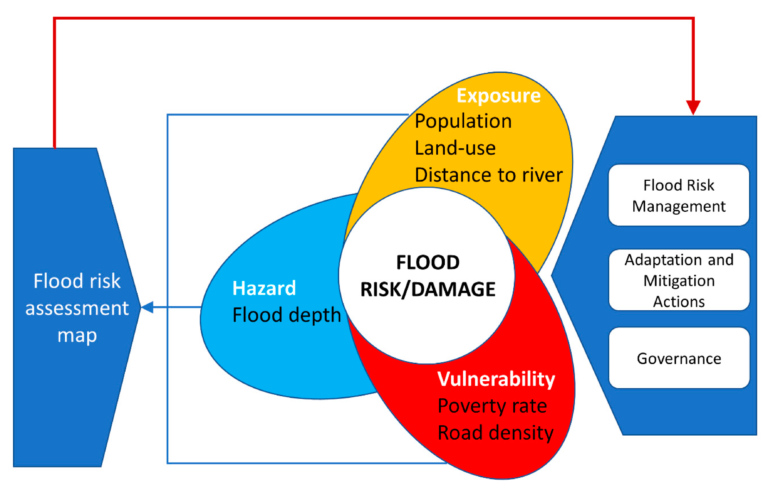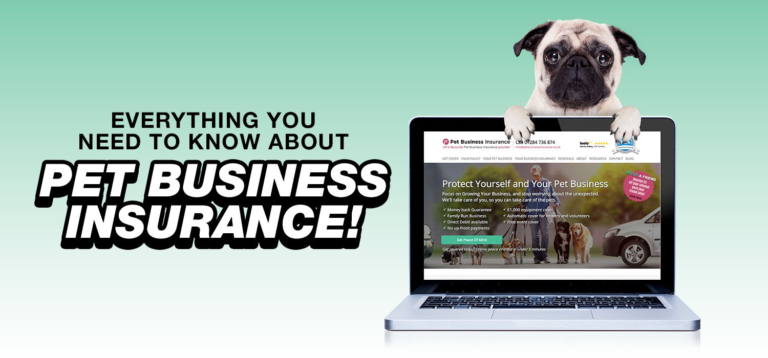Food Vendor Insurance: Tips to Protect Your Business
Food vendor insurance is a crucial aspect for anyone operating a food truck or mobile food business. With the unique risks involved, from accidents on the road to health and safety regulations, having the right coverage not only safeguards your venture but also keeps insurance premiums manageable. In this article, we will delve into the importance of food vendor insurance and how it can help minimize insurance claims that often arise from operational challenges. Furthermore, we will explore how food truck safety practices and compliance with local health codes can significantly impact your insurance rates. Whether you operate a traditional food truck, a ghost kitchen for food trucks, or serve alcohol, understanding these factors will empower you to make informed decisions for your business.
When it comes to safeguarding your mobile food business, securing adequate coverage is paramount. Also known as food truck insurance, this specialized protection addresses the distinct liabilities that food vendors face, ensuring that you’re prepared for the unexpected. From managing risks associated with customer safety to handling claims related to equipment failure, the right insurance can help mitigate potential financial burdens. Moreover, understanding liquor liability insurance is essential for those who serve alcohol, as overservice can lead to significant legal repercussions. By adopting best practices in risk management and compliance, food vendors can create a robust safety framework that supports their operational success.
Understanding Food Vendor Insurance
Food vendor insurance is a specialized coverage designed to protect mobile food businesses from various risks. This type of insurance typically includes general liability, property coverage, and vehicle insurance tailored specifically for food trucks and trailers. Food vendors face unique challenges, including food safety issues, equipment malfunctions, and potential customer injuries which could all lead to costly claims. By investing in comprehensive food vendor insurance, operators can safeguard their business against financial losses associated with these risks.
Moreover, having the right food vendor insurance not only helps mitigate financial exposure but can also enhance your business’s credibility. Many customers look for businesses that are properly insured as it demonstrates a commitment to professionalism and safety. Additionally, insurance coverage can be a requirement when securing permits and licenses, making it essential for compliance with local regulations.
Minimizing Insurance Claims in Food Truck Operations
Minimizing insurance claims is crucial for food truck operators aiming to keep their premiums low. Implementing proactive strategies such as routine maintenance checks can significantly reduce the likelihood of accidents and malfunctions. For instance, regularly inspecting cooking equipment, fire suppression systems, and overall truck condition not only prevents potential hazards but also strengthens your position when negotiating insurance rates. Insurance providers often reward low-risk businesses with better premium rates, making diligent risk management a smart financial decision.
Additionally, training staff in food safety and accident prevention is vital for minimizing liability claims. By ensuring that employees understand proper procedures for handling food and managing equipment, food truck operators can create a safer work environment. This proactive approach not only protects the health and safety of customers but also reduces the potential for costly claims related to foodborne illnesses or workplace injuries.
The Importance of Food Truck Safety
Food truck safety encompasses a range of practices that protect both employees and customers. From ensuring that food is stored at the correct temperatures to maintaining equipment in good working order, adherence to safety protocols can prevent accidents and health violations. Operators should stay informed about local health regulations and implement regular training sessions for staff to reinforce safety practices. A commitment to safety not only protects the business but also enhances customer trust and satisfaction.
In addition, investing in safety measures such as fire suppression systems and safe cooking practices can significantly reduce the risk of claims. Food trucks often deal with high heat, open flames, and flammable materials, making safety a top priority. By prioritizing safety, food truck operators not only protect their business but also contribute to a safer community.
Navigating Liquor Liability Insurance
For food trucks serving alcohol, liquor liability insurance is an essential coverage to consider. This type of insurance protects against claims arising from incidents related to alcohol service, such as over-serving customers or failing to check IDs. In many states, businesses can be held liable for damages caused by intoxicated patrons, making liquor liability a critical component of a comprehensive insurance policy for food trucks.
Training staff on responsible alcohol service is equally important. By enrolling employees in programs like TIPS or ServSafe Alcohol, food truck operators can reduce their exposure to liquor liability claims. These programs teach staff how to identify signs of intoxication and handle difficult situations, which not only protects the business but also promotes a responsible drinking culture.
Exploring Ghost Kitchens for Food Trucks
Ghost kitchens, or virtual kitchens, offer food truck operators an opportunity to streamline food preparation without the associated risks of cooking on the truck itself. By utilizing a shared commercial kitchen space, food truck owners can prepare food in a controlled environment, reducing the chances of equipment failures and food safety violations. This approach not only minimizes insurance claims but also allows operators to focus on serving customers efficiently.
Moreover, ghost kitchens can be particularly advantageous during peak business hours, as they allow food trucks to scale operations without the constraints of limited space and equipment. This flexibility can lead to increased sales and a more robust business model, while also providing a safer cooking environment that adheres to health and fire safety regulations.
Creating a Safety-First Work Culture
Fostering a safety-first work culture is essential for reducing accidents and enhancing employee morale in food truck operations. By prioritizing safety, operators can create a work environment where employees feel valued and protected. Regular training sessions on safety protocols, emergency procedures, and the use of personal protective equipment (PPE) can significantly reduce the risk of workplace injuries.
Additionally, recognizing and rewarding staff who exemplify safe practices can reinforce the importance of safety within the team. A culture of safety not only protects employees but also positively impacts the business’s bottom line by minimizing insurance claims and enhancing operational efficiency.
Driving Safely and Strategically
Safe driving is paramount for food truck operators, as accidents can lead to significant property damage and liability claims. Implementing safe driving practices, such as conducting vehicle safety checks and providing hands-on training for drivers, can help prevent accidents before they occur. Establishing clear driving policies and encouraging drivers to adhere to speed limits and traffic laws are essential steps for maintaining fleet safety.
Furthermore, utilizing telematics and GPS systems can provide valuable insights into driving habits, allowing operators to address risky behaviors proactively. By focusing on safe driving practices, food truck operators can minimize insurance claims related to vehicle accidents, thereby reducing overall insurance costs.
Best Practices for Securing Your Food Truck and Equipment
Securing food trucks and their equipment is crucial for preventing theft and minimizing insurance claims related to vandalism. Operators should prioritize parking in well-lit, secure areas and consider investing in security systems such as cameras and GPS tracking devices. Removing valuable equipment when the truck is parked overnight can also deter thieves and protect your investment.
Additionally, providing visible deterrents like steering wheel locks and signage can further discourage theft. By taking proactive measures to secure their trucks and equipment, food truck operators can significantly reduce their risk of loss and ensure smoother operations.
The Central Difference in Food Truck Insurance
Central Insurance understands the unique challenges faced by food truck operators and offers tailored coverage options to address these needs. By working with seasoned agents who specialize in food vendor insurance, operators can find the right coverage to protect their business from various risks. This personalized approach ensures that food truck owners are equipped with the knowledge and resources necessary to mitigate potential claims.
Moreover, Central Insurance emphasizes the importance of proactive risk management strategies to help food truck operators minimize their insurance premiums over time. By staying ahead of potential risks and implementing effective safety measures, food truck owners can protect their investments while maintaining a successful business.
Frequently Asked Questions
What is food vendor insurance and why do food truck owners need it?
Food vendor insurance is a specialized insurance policy designed to protect food truck owners from various risks associated with operating their business. This coverage can include liability, property damage, and employee protection, making it essential for food truck operators to safeguard against claims and unexpected incidents.
How can I minimize insurance claims related to my food truck operations?
Minimizing insurance claims for your food truck can be achieved by maintaining your vehicle and cooking equipment, complying with health and safety regulations, and training staff on food safety practices. Proactive measures, such as regular inspections and establishing a safety-first culture, can significantly reduce risk and insurance costs.
What types of coverage should I consider for my food truck insurance?
When looking into food truck insurance, consider essential coverages such as general liability, property insurance, vehicle insurance, and liquor liability insurance if you serve alcohol. Depending on your operations, you may also want additional coverage for food spoilage and employee injuries.
How does liquor liability insurance work for food trucks that serve alcohol?
Liquor liability insurance protects food truck owners from claims arising from incidents related to serving alcohol, such as over-serving patrons. This coverage is crucial for minimizing financial losses and legal fees associated with alcohol-related accidents, and it helps ensure compliance with state dram shop laws.
What are ghost kitchens and how can they benefit food truck owners?
Ghost kitchens are commercial kitchens used for food preparation without a storefront. They can benefit food truck owners by providing a safe and compliant space to prepare food, reducing equipment wear, and minimizing risks associated with cooking in a mobile environment, ultimately leading to lower food vendor insurance premiums.
What steps can food truck owners take to improve food truck safety?
Food truck owners can improve safety by conducting regular maintenance checks, training staff on food safety and responsible alcohol service, and implementing strict health and safety protocols. Additionally, using ghost kitchens and maintaining clear safety protocols can further enhance overall safety.
How often should I inspect my food truck and equipment to minimize risks?
It is recommended to schedule routine inspections at least quarterly for your food truck and cooking equipment. Regular checks help identify potential issues before they lead to costly claims and ensure your equipment meets safety standards.
Why is it important to comply with health and safety regulations for food vendors?
Complying with health and safety regulations is crucial for food vendors to protect their customers and their business. Non-compliance can lead to foodborne illness claims, fines, and increased insurance premiums, affecting both reputation and financial stability.
What role does a safety-first culture play in a food truck business?
Fostering a safety-first culture in a food truck business helps reduce accidents and injuries, leading to fewer insurance claims and lower premiums. A strong safety culture not only protects employees but also enhances the overall operational efficiency of the business.
How can proper training reduce liability claims in food truck operations?
Proper training equips staff with the knowledge to handle food safely, serve alcohol responsibly, and respond to emergencies. This preparation minimizes the risk of incidents that lead to liability claims, thereby protecting the business and its bottom line.
| Key Factor | Description | Impact on Insurance |
|---|---|---|
| Maintain Your Truck and Equipment | Regular inspections and maintenance of cooking systems, fire suppression equipment, and overall truck condition. | Reduces risk of claims due to accidents, breakdowns, and fire hazards. |
| Comply with Health and Safety Regulations | Train staff in food safety practices and maintain cleanliness to prevent foodborne illnesses. | Impacts liability costs and protects reputation. |
| Train Staff on Responsible Alcohol Service | Enroll staff in certified alcohol service programs to mitigate liquor liability claims. | Reduces exposure to costly liability claims. |
| Secure Your Truck and Equipment | Park in secure areas and remove valuable items to prevent theft. | Minimizes claims related to theft and vandalism. |
| Drive Safely and Strategically | Implement safe driving practices and monitor driving habits of staff. | Reduces costs associated with accidents and property damage. |
| Utilize Ghost Kitchens for Food Preparation | Use offsite kitchens for food prep to reduce risks associated with cooking on the truck. | Helps scale operations while minimizing insurance exposures. |
| Foster a Safety-First Work Culture | Create a culture focused on safety to reduce workplace injuries. | Prevents injuries and reduces overall claims. |
Summary
Food vendor insurance is crucial for anyone operating a food truck, as it helps protect against the unique risks associated with this business. By implementing proactive measures such as maintaining equipment, complying with health regulations, and ensuring staff are trained in responsible alcohol service, food truck operators can significantly reduce their insurance premiums. Additionally, fostering a safety-first culture and utilizing ghost kitchens can further minimize risks, ensuring the smooth operation of your food vendor business. Understanding these aspects not only protects your business but also contributes to long-term success.







